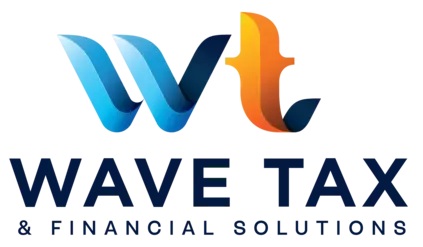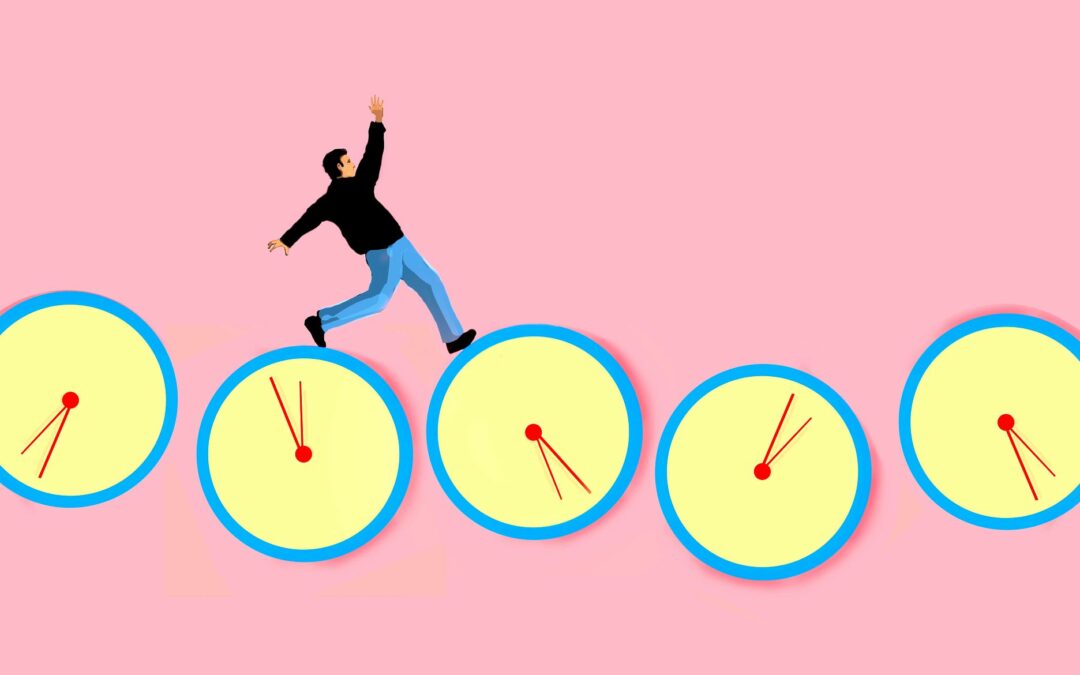The Internal Revenue Service (IRS) has officially announced that the tax season will commence on January 27, with federal tax returns due by Tuesday, April 15.
If you are unable to file by the deadline, you can request an extension by submitting Form 2868 by April 15, which will grant you an additional six months to complete your tax return, extending the deadline to Wednesday, October 15, as noted by the Consumer Financial Protection Bureau.
It is important to note that while tax returns can still be submitted after April 15 without an extension, penalties may apply if you owe taxes.
📌 Quarterly tax due dates for 2024:
– First payment is due April 15.
– The second payment is due June 15.
– Third payment is due September 15.
– The fourth payment is due January 15, 2026.
You may also read: Tax Incentives to Help Offset the Cost when Making Businesses Accessible for Individuals with Disabilities
What’s New This Tax Season
This year, the IRS has a $5,000 threshold for tax year 2024 on money sent through payment apps. The form will only be sent to those who use payment apps to sell goods or provide services in excess of $5,000, the agency said.
The IRS in 2024 announced a new pilot program, IRS Direct File, which allows taxpayers the option to file their 2023 federal tax returns for free online, directly with the IRS.
The program had 12 states last year that could take advantage of the new system. This year, Direct File is available in 13 more states, for a total of 25 participating states in 2025.

🔎 Key tax deadlines for 2025 include:
- The tax season commences on January 27, 2025.
- The final quarterly payment for the 2024 tax year is due on January 15, applicable to self-employed individuals or those with income not subject to withholding who make estimated tax payments quarterly.
- Employers are required to distribute W-2 forms to employees by January 31. While this is the deadline for submission, it does not guarantee that you will receive your form by that date.
- If you have concerns regarding your W-2, it is advisable to reach out to your employer for clarification.
- Various Forms 1099, including 1099-NED, 1099-MISC, and 1099-K, which report non-employment-related payments, are also due by January 31.
➡️ Additional important tax dates to remember:
- To claim your withholding exemption, submit a Form W-4 by February 18 if you expect to have no tax liability this year and had none in the previous year.
- If you turn 73 in 2024, your required minimum distribution must be taken by April 1, marking the deadline for your first required distribution from your retirement account.
- Contributions to your IRA and Health Savings Account (HSA) for the 2024 tax year must be completed by April 15. After this date, contributions for the prior tax year are generally not permitted.
- Following your initial required minimum distribution in April, you must also take your 2025 required minimum distribution by December 31, 2025, which is the same deadline for all individuals required to take such distributions.
🛑 For residents of Florida: If you reside in an area impacted by a natural disaster, you may be eligible for tax relief. The IRS frequently extends tax filing deadlines for individuals or businesses located in federally declared disaster zones, similar to the extensions granted to taxpayers affected by the California wildfires in September 2020.
Regarding Tax Refunds
For the 2024 tax year, the IRS anticipates receiving over 140 million individual tax returns by the April 15 deadline.
The agency expects that most refunds will be processed through direct deposit within 21 days; however, some returns may require further review, which could extend processing times.
🔎 Factors that may delay a refund include:
- Claiming specific credits, such as the Earned Income Tax Credit (EITC) or the Additional Child Tax Credit (ACTC).
- Whether the return is filed electronically or sent by mail.
- Any outstanding debts owed to the federal government.
For the quickest refund, e-filing your tax return and opting for direct deposit is recommended. If you choose to receive a paper check, the IRS estimates a minimum waiting period of four weeks.
Most refunds associated with the EITC and the ACTC are anticipated to be available on March 1 for taxpayers who opted for direct deposit and submitted error-free returns, as stated by the IRS.
✅ And finally, remember that at Wave Tax we keep up to date with everything related to the ever-changing world of tax planning.
📍Contact us at info@wavetax.us

